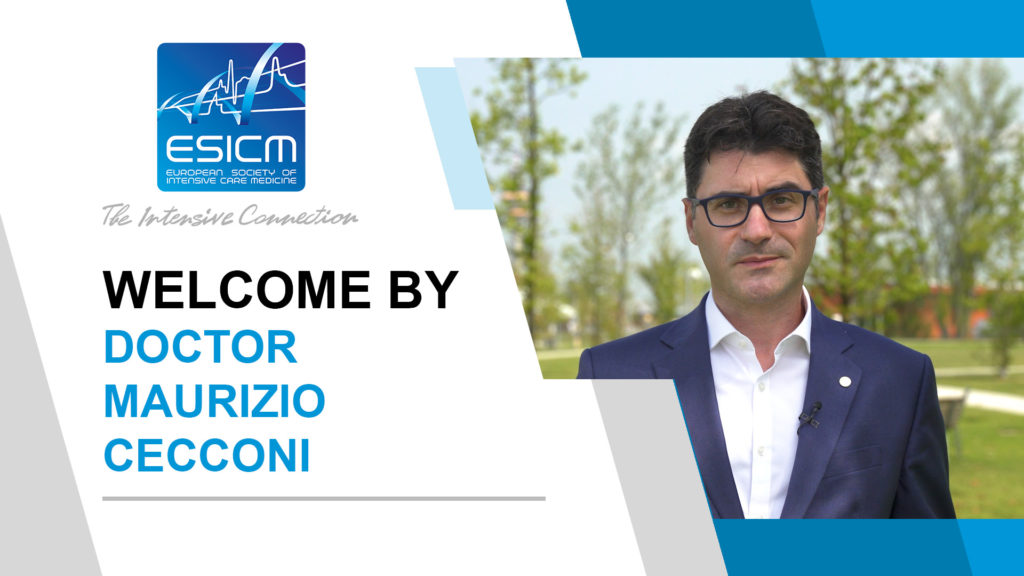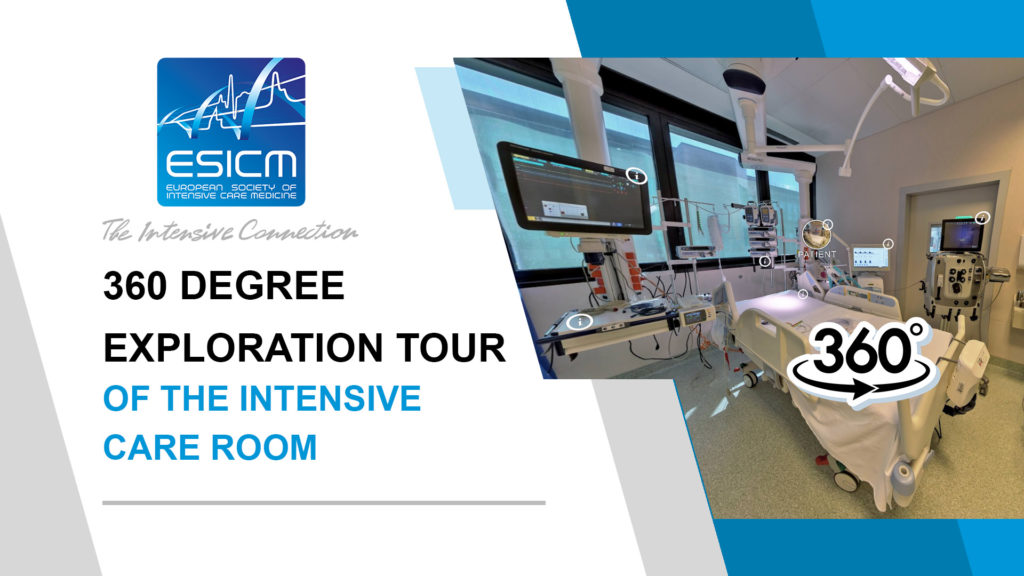Intensive care requires a team
Intensive care is a particular medical speciality where the role of each professional is important and in which there are common values.
In an ICU, the work has to be extremely structured and the intervention of the different professionals has to be coordinated. It is a multidisciplinary activity, which brings together numerous specialities – doctors, nurses, carers, physiotherapists – who all play an essential role in maintaining the physical condition and early stages of rehabilitation of the patients.
THE TEAM…
Intensive care doctors, nurses, carers, physiotherapists, pharmacists, dieticians, occupational therapists, all make up the team, working in close collaboration to offer the best care and treatment adapted to each and every patient.
All the members of an ICU demonstrate the same devotion and empathy towards the patients and their families.
While what you are experiencing as a patient or a relative may at times feel isolating and overwhelming, we would always encourage you to ask questions and to seek the advice of the ICU team. They are there for you.
Please take the time to watch the film “ICU faces” on this page. This is a recording of the personal experiences of many patients, relatives and staff, who have shared their memories and experiences with us, and now you.
Relatives
WHEN VISITING PATIENTS
Visiting schedules and organization of visits depends on the Intensive Care Unit (ICU). Sometimes you can visit 24/24h, sometimes once day, or two or three times a day, or more than three times a day.
Some ICUs impose limited time slots and restricted family areas.
VISITING WITH CHILDREN
Children are allowed to visit ICUs, but they must be well supervised.
Children must really want to visit the patient and have to be prepared by the ICU staff, who will give them simple explanations and support them when they enter the patient’s room.
It is also important to talk with your child afterwards to avoid a child leaving with images or feelings that may be difficult to handle alone.
Feel free to bring with you any drawings made by the child for the patient, which can be hung in the room.
HYGIENE
Intensive care patients are particularly fragile and respect of hygiene rules is essential to avoid infection.
During your visit, you will be asked to:
- Always disinfect your hands when you come in and out of the ward, to avoid the risk of spreading germs. Hydro alcoholic solution is available in the room and the corridors for this purpose.
- Avoid visiting if you feel sick or unwell. Do not visit if you have a contagious disease.
• Do not sit on the bed
• Do not bring any plants or food into the ICU.
• In certain cases, staff may ask you to wear a mask or a white coat.
Intensive care needs patients to be naked, but you can be assured that everything is done to maintain a patient’s privacy.
MONITORING OF PATIENTS
Each day, the state of ICU patients is assessed and evaluated, as well as the benefits of the on-going treatment, and the risks that treatments could potentially represent.
The ICU staff operate in their patients’ best interest every day and consider their wishes and desires, even when the patients cannot express them themselves.
Information that the families can provide is helpful to be able to evaluate your loved one’s state before he/she is admitted, and to assess the benefits he/she can expect from heavy treatment implementation.
If the risks or the consequences are too great to justify the use of certain treatments, or if the patient does not fully benefit from a heavy treatment, it may be decided that it is unreasonable and not to be used.
These decisions are discussed daily, by a multidisciplinary team, taking account of the patient and his family’s wishes.
THE “SUPPORT PERSON”
The “support person” is an adult who is nominated by the patient (i.e. a family member, friend, neighbor or general practitioner) to receive medical information and, if he wishes, to be involved in the medical decisions if the patient is not capable of expressing his own will.
In case a support person has not been designated, the ICU staff will ask a relative to appoint a responsible person from those who will be visiting the patient, to whom the main information will be given.
It will be up to the support person to convey this information to the family members and relatives.
It is important to give this person’s details to the health care team on the first day, so that he/she can be contacted in case of an emergency.
Caregivers can be contacted by telephone at any time, 24h/24. However, please note that for confidentiality reasons, medical information is only delivered on site.
Relatives should feel free to request a meeting if you need specific information. The caregivers will provide all the explanation you need during your visits.
Your relative
PHYSICAL CONDITION OF YOUR RELATIVE
Because of the treatments given to your loved one, it is possible that the physical aspect of your relative in intensive care changes and he/she can be psychologically vulnerable.
In the ICU, your loved one may need to receive a large amount of liquid (to dilute drugs) and it is possible that oedemas (swelling of the limbs and hands) will appear. This state is monitored by the caregivers and should not worry you.
MUSCLE WASTING
Forced immobility leads to muscle wasting, which can be significant when hospitalisation is prolonged. This is why physical therapists and nurses are involved early, to prevent this, by mobilising patients as soon as they are able to bear it.
The severity of the condition of the patient and the treatment he/she receives may make them fragile and confused. This weakness can be emphasised by the highly technical environment resuscitation (alarms, lights, medical devices). Whatever the state of consciousness of the patient, do not hesitate to talk to him, touch and reassure him.
It is also possible to recreate a familiar environment, so do not hesitate to bring him/her some personal belongings (perfume, comb, shaving kit …).
You may want to participate in some of the treatments (like massages, shaving …). Just ask the caregivers, who will accompany you in this process.
You
TAKING CARE OF YOURSELF
The hospitalisation of a loved one can upset your own personal rhythm and your lifestyle. One way to help your loved one is by taking care of yourself …
- Do not forget to eat well and relax.
- Do not feel guilty if you can’t visit every day, or are unable to stay for the entire visiting hours permitted. Your loved one will in any case need a lot of rest.
- Seek help from your family or friends and do not be the only person to relay information to others.
- If you have trouble talking to your loved one or expressing your feelings orally, write down on paper your experiences and what you are feeling.
- Finally, you may want the help of a social worker or a psychologist. Do not hesitate to talk to the ICU team who can tell you who to contact.






